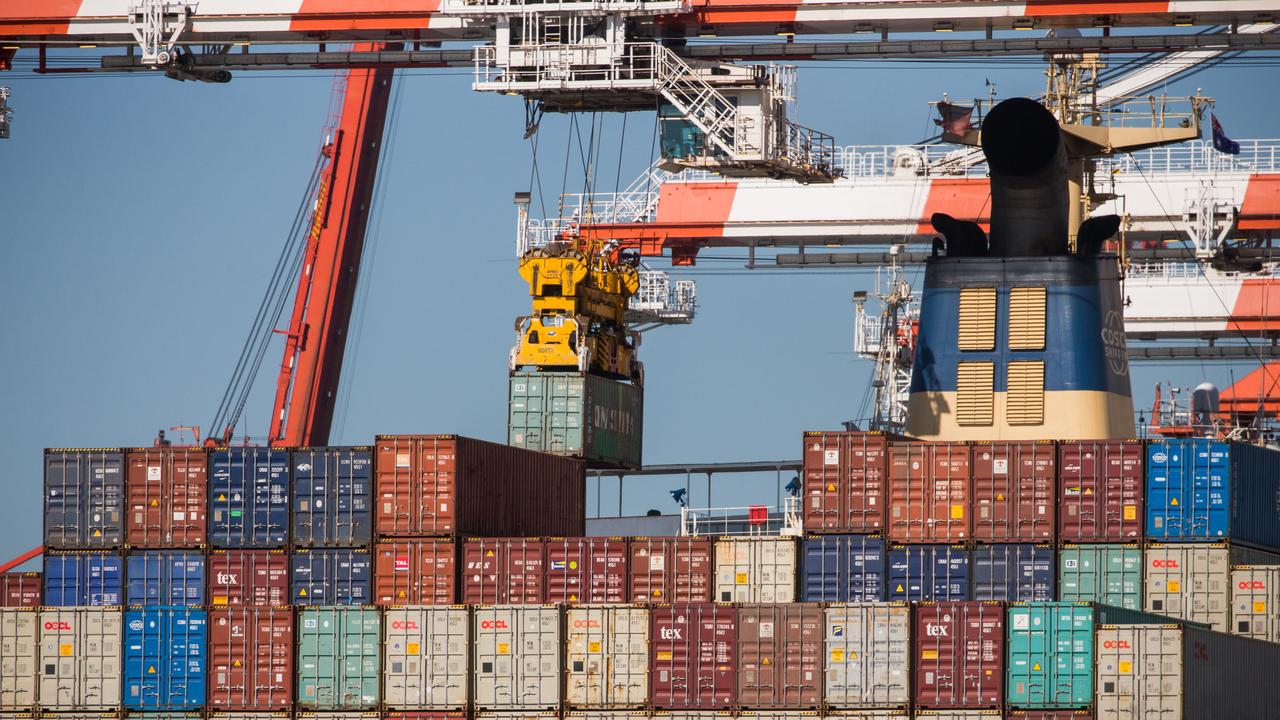SeaLink: Covid-19 support has ‘fundamental flaw’, designed for lethargic national recovery
Pandemic cash payouts are benefiting ‘TV subscription services rather than the economy’, warns transport and tourism business SeaLink.
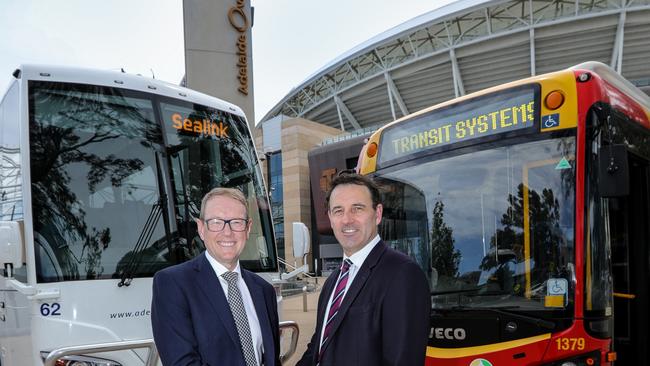
Revenue: $1.1bn (FY20: $623m)
Profit: $38.8m ($13.6m loss)
Dividend: 9c
Transport and tourism business SeaLink delivered a strong set of numbers for the full year to the end of June, but has warned the current Federal Covid-19 support program is positioning the national economy for “lethargic recovery”.
Notwithstanding the impact of lockdowns and restrictions, SeaLink posted a $37.8m profit, a turnaround from its $13.6m loss in the previous year.
Revenues crossed the $1bn mark for the first time with strong government bus transport contracts underpinning growth.
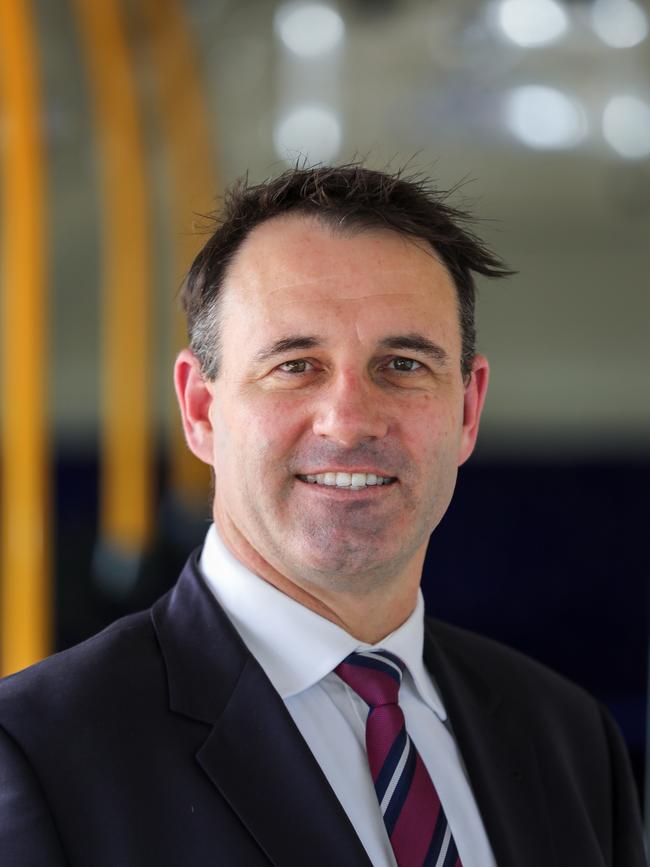
SeaLink is now pinning its hopes on stable growth from its transport services with recovery in its marine and tourism business dependent on the easing of restrictions, relaxed borders and the move to ‘last-resort’ lockdowns once the national vaccination target of 80 per cent is met.
However, chief executive Clint Feuerherdt has tempered business expectations due to “fundamental flaws” in the current Covid-19 support program.
“We are bound to see a much more lethargic recovery of the economy because of the way the Federal Government (support) funding has been deployed,” Mr Feuerherdt said.
“The JobKeeper program kept the connection going between employers and employees.
“The new hotspot-specific, direct support to people has basically removed employees from workplaces, and is essentially paying them to sit at home.
“To exaggerate, TV subscription services benefit from that type of funding arrangement rather than the economy.
“My personal opinion is it is a suppression of the economy.”
He said theJobKeeper program had lowered SeaLink’s break-even point from a labour perspective and allowed it to program tourism services to operate without needing the confidence that demand was there because there was a natural subsidisation of workforce.
SeaLink received $11.9m in JobKeeper payments (2020: $8.6m) and also received government support under similar employee-focused schemes in Singapore and London.
“So what that allowed was a quick springback when demand did materialise because services were already programmed, already operating for people to opt in to.
“The situation now is that none of our services in Sydney, or Perth or Murray Princess (in SA) are operating.
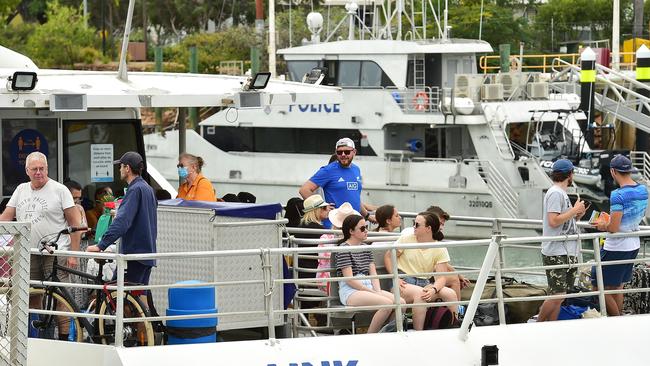
“I anticipate that because of that structural change, things are not going to get going as quickly as last year because we don’t have that same connection and in a lot of cases, outside of the Commonwealth hotspot zones, we have seen attrition in the workforce and for many, it will take some time to rebuild the workforce to be able to deliver services.”
Mr Feuerherdt said the “real fundamental flaw” was that lockdowns in Sydney and Melbourne were affecting businesses across the country “whether you are in a hotspot or not”.
A lot of SA-headquartered, national group SeaLink’s customer demand for tourism services is centred in Melbourne and Sydney.
In Sydney, SeaLink’s Captain Cook Cruises business has already borne the brunt of interstate visitor declines and lack of international tourists.
“It’s a state and federal problem, particularly if we hear Premiers suggesting that they might deviate from the plan of opening up at certain vaccination levels.
“That decision can’t be divorced from one of the need for additional support for businesses affected by that decision.
“Generally from an economy perspective, the stimulus to get people back working and for services to resume and businesses to be open, there is certainly room for a shift in federal support to incentivise employment per se.
Currently, for us, there is a very high level of support from the company to employee base irrespective of level of activity at this point of time.”
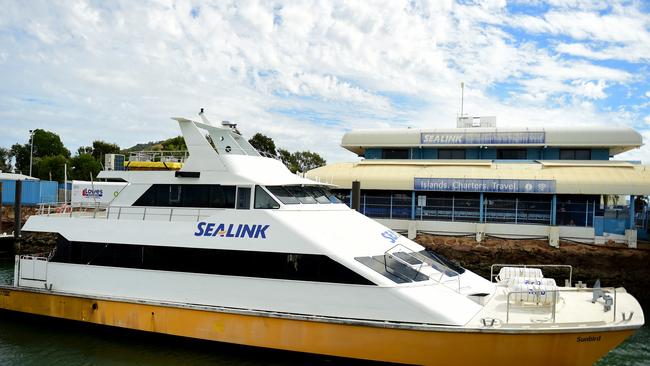
Fully vaccinated, he said it was “pretty damn obvious” that vaccination was the right thing to do for “yourself as an individual, or your family and the economy”.
The business is encouraging and supporting staff to get vaccinated while following national health and safety guidelines across operations.
Overall, for the 12 months to June, SeaLink’s largely contracted earnings base, combined with operational repositioning and concerted targeting of domestic tourism business led to underlying earnings before interest, taxes, deductions and amortisation (EBITDA) of $167.5m, up from $90.4m in the previous year.
Its Australian Bus division contributed $702m to the total revenue pie, as governments kept services on schedule and based on demand through the pandemic rule changes.
Acquisition opportunities across transport and tourism services remain on the radar following its $113m deal to buy WA’s Go West Tours business in May.
The business also “prudently decided” to move to the lower end of the stated dividend payout range of 50-70 per cent of profit and declared a final dividend of 9c per share, bringing its full year dividend to 16c per share, up from 11c.
Ord Minnett analyst John O’Shea said the results “didn’t disappoint”.
“Still waiting outcome for the bus contracts in Sydney and Melbourne but we retain our view that they remain well positioned here.
“We have a Buy rating and a target price of $10.69 (under review, as per standard practice).
“Nothing in this result changes our positive view on the company.”
SeaLink, which bought Queensland transport operator Transit Systems Group for $635m in 2019, is valued at just over $2bn on the ASX.
Its shares were trading nearly five per cent lower at $9.50 at 1.45pm AEST.


